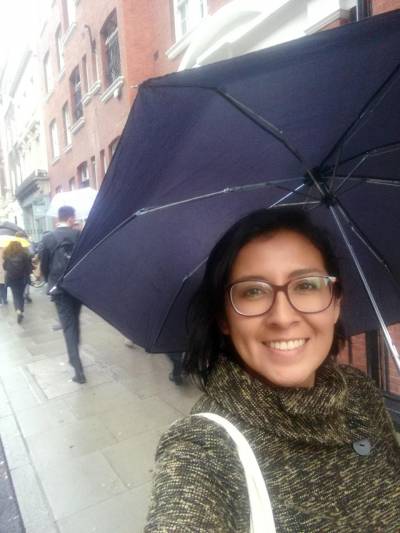
This course provides an open space for learning and deepening our areas of interest related to transformative urban design. It explores several urban theories and methodologies complemented with multidimensional and multi scalar analysis to address urban inequalities and imbalance power relations that often shape human settlements. Provided with these analytical tools, I was committed to understand my previous work experience in participatory design with rural communities in the Andes and in the Amazon forest. I was able to apply decolonial and participation theory to better understand my own practice and to question our strategies and perspectives.
Our class was lucky to travel to Brescia right before the global lockdown. In this fieldtrip, we analysed the impacts of migration in social cohesion and community building and explored new ways of effective communication. Later, although the fieldtrip to Medellín was cancelled, we were guided to engage with local actors and conduct remote participatory research on living heritage and daily practices of care as the fundamentals for city production. In my personal research, I realised that one major cause of the current global crisis of habitability is due to the disconnection between nature and people, and therefore between ecosystems and cities. Hence, this is how I approached my dissertation on nature-based solutions (NbS), which I conducted as part of a fellowship scheme, connecting this topic with the previous theoretical background.
NbS is an umbrella concept that encompasses several interventions to enhance, regenerate or harness ecosystem processes to solve societal problems such as disasters risk reduction or food and water security. This approach seems familiar to what Andean and indigenous populations have implemented through millennia in order to adapt to their environment, although under different values and politics in relation to nature than western societies. Thus, these traditional adaptive techniques can be considered original and valuable nature-based solutions from which we can learn how to adapt contemporary cities. This opens several environmental and epistemic questions that I discussed through a lens of normative justice in my dissertation.
Back in Peru, as urban planning advisor in the Metropolitan Development Plan of Lima by 2040, I witnessed first hand the limitations to implement participatory methodologies to deal with ecosystemic processes, taking into account vulnerable people´s perspectives. Moreover, I see the challenges to elaborate programs and projects around ecological infrastructure and public spaces in a city where 93% of the urban expansion, since 2001, is compounded by informal settlements, and 20% of its population is exposed to risk. This experience reinforced the idea of widening the platform to visiblise and discuss appropriate sustainable solutions for the local context that benefit both people and nature.
To futher disseminate this approaches, together with fellow DPU students, Viviana Sánchez-Aizcorbe, María Paz Levy y Alejandro Torero, we initiated a series of webinar concerning NbS interventions in Latin America which focused in the synergy between the state and grassroot organisations. We connected two research groups Conurb and Clima, from two different Peruvian universities, and several civic organisations that supported the events. As a result, we delivered two webinars this year, visibilising implemented projects and good practices from eight latinamerican countries, and we are committed to continue the years ahead.
The process I went through might seem linear and logical, however it was messy and uncertain specially during pandemic times. I am grateful for all the inspiring friends I met, the new urban frontiers and theories I was exposed to and the talented colleagues from whom I keep learning from despite the distance.
To learn more about the webinar on Nature-base Solutions, please visit:
https://www.youtube.com/channel/UCksoRgDhUbnWs-ENvNBNr0Q/videos
 Close
Close

